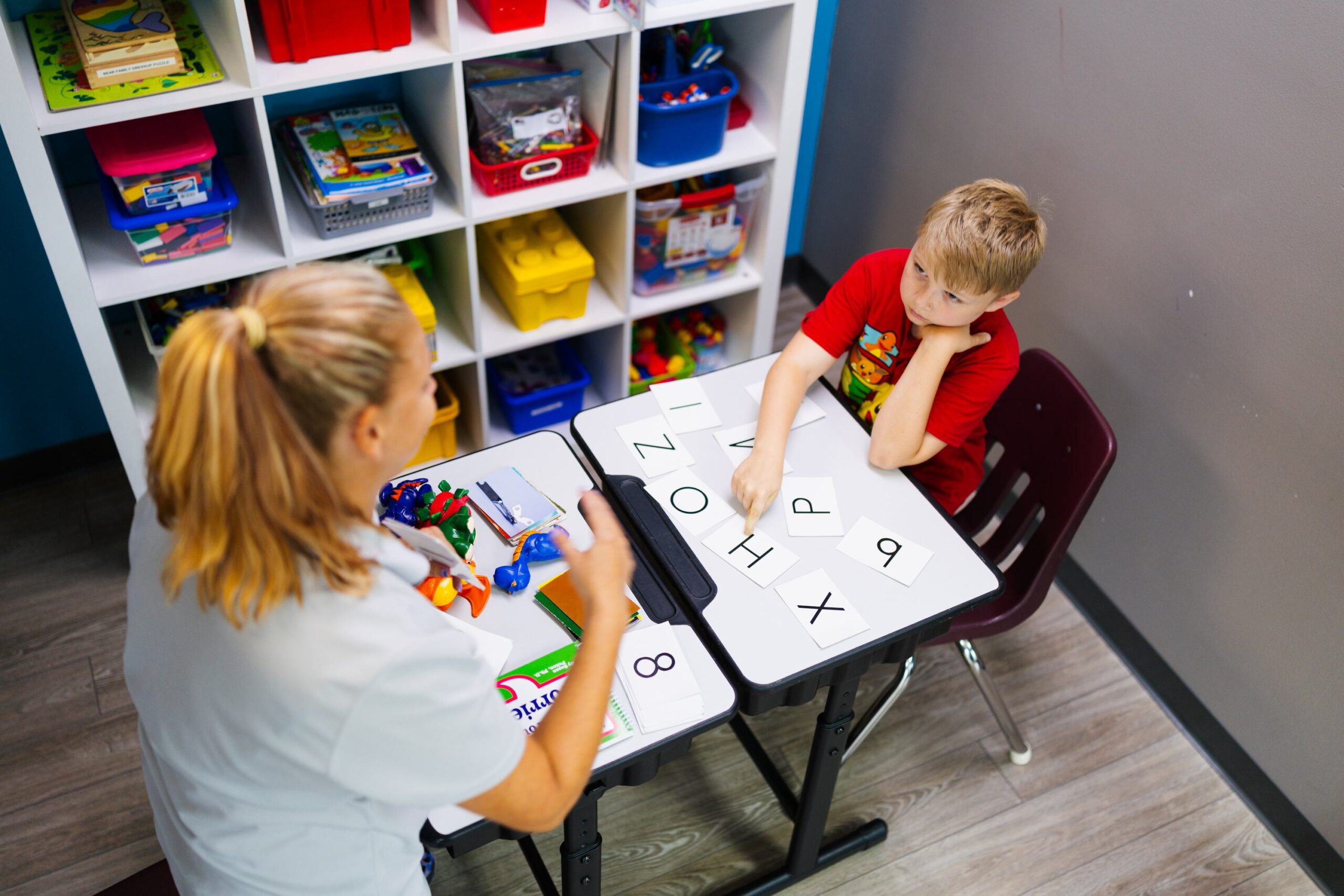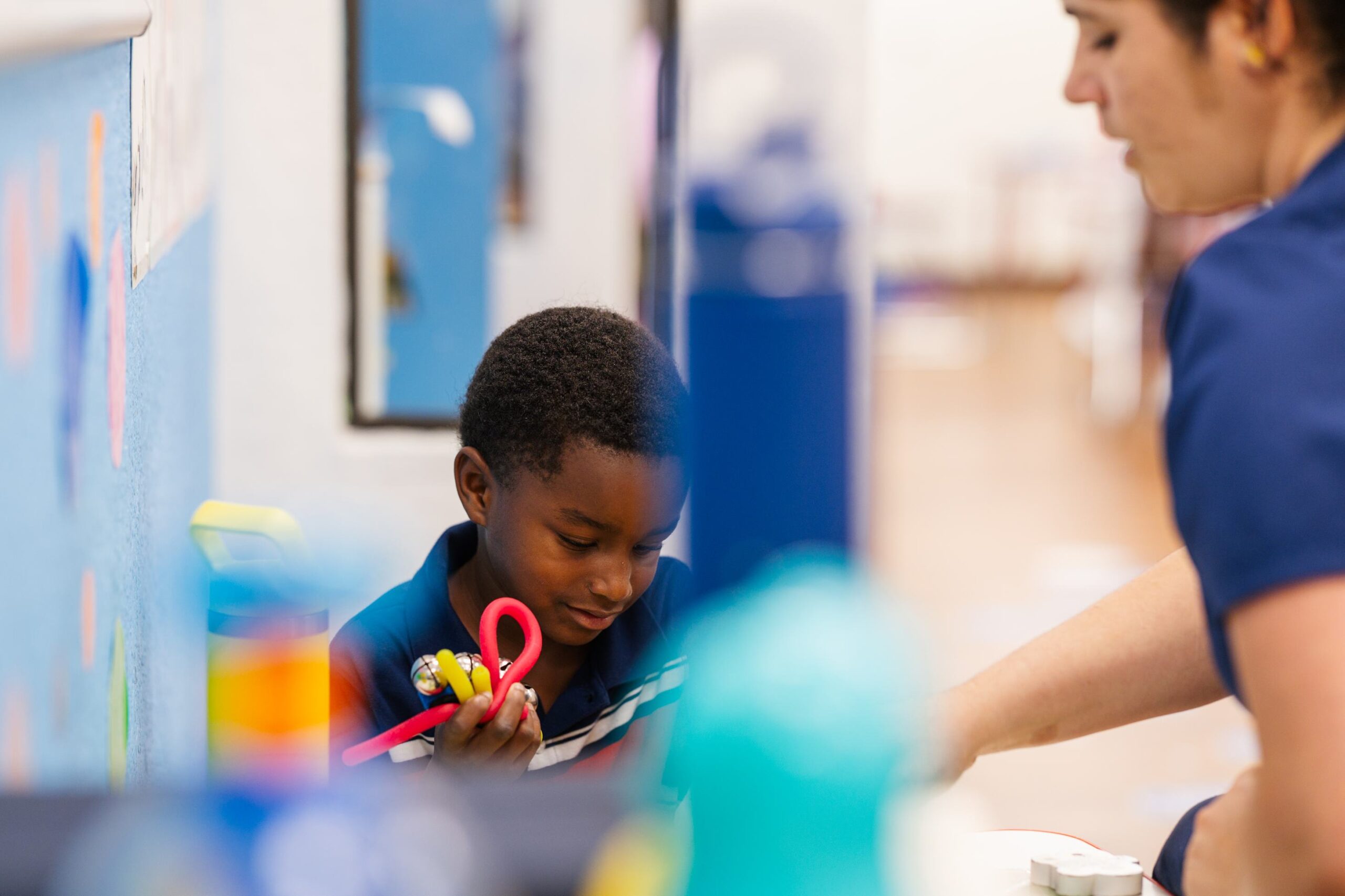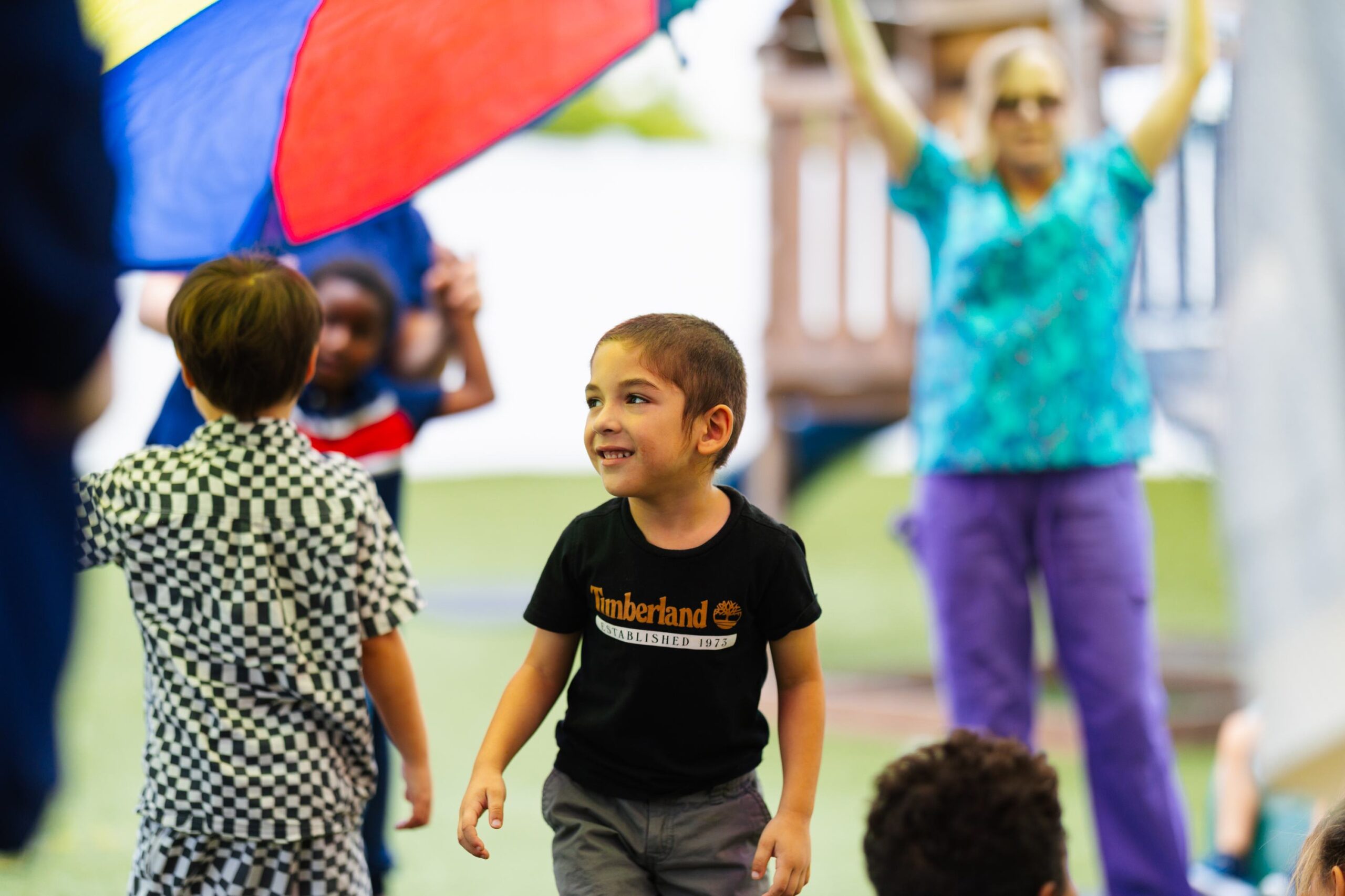We’re not just a non-profit—we’re a community of families, educators, and supporters, all working together to provide the opportunities these exceptional students deserve. Through a variety of initiatives, including scholarships that alleviate financial burdens, community involvement that fosters understanding, and advocacy for inclusivity that challenges societal norms, we strive to build a future where every neurodiverse individual is given the opportunity to shine and actively participate in our community. And we need your help to make it happen. Let’s create a brighter, more inclusive future for all neurodiverse students.

Bridge to Tomorrow is at the forefront of fostering understanding and inclusion for students with diverse learning needs. We work tirelessly to challenge misconceptions and promote a deeper understanding of neurodiversity. Through initiatives that actively raise awareness, we strive to cultivate a culture of acceptance within educational institutions and society at large. By engaging with stakeholders at all levels, from local schools to national forums, we advocate for inclusive education policies that promote equity and access for all students with cognitive differences.
Our goal is to eliminate stigma and empower individuals to reach their full potential. We want to create a ripple effect of awareness and change through our efforts, transforming public perceptions and facilitating a genuinely inclusive environment for all.


At Bridge to Tomorrow, we understand the transformative power of a supportive community. We actively engage with families, educators, professionals, and individuals to create a strong network that champions neurodiverse students. Through various dynamic events, such as community forums, educational seminars, and collaborative workshops, we provide platforms for meaningful dialogue, knowledge sharing, and the exchange of best practices. Our initiatives are designed to foster connections and support, ensuring that neurodiverse students and their families have access to the resources they need to thrive.
By cultivating a spirit of collaboration, we empower every individual to contribute meaningfully to society, working towards a future where neurodiversity is fully embraced and celebrated.
An Individual Education Plan (IEP) for an autistic child is a customized educational plan designed to meet the unique needs of the student. Here’s what it typically covers:
Effective support for neurodiverse students involves several key strategies:
By combining these strategies, we can create an educational environment that encourages neurodiverse students to excel academically and socially.
Neurodivergent learning styles refer to the diverse ways in which individuals with neurological differences process information and learn. Here are some common characteristics:
Understanding these learning styles helps educators tailor their teaching methods to support neurodivergent students effectively.
Bridge to Tomorrow offers valuable neurodiversity resources for teachers through its Aspire Training program. This initiative equips educators with the skills to implement applied behavior analysis (ABA) techniques effectively in the classroom, enhancing the learning experience for neurodiverse students. The program is supported by fundraising efforts and partnerships, which provide essential resources, training, and ongoing support to ensure the successful integration of ABA strategies, ultimately benefiting both teachers and students.